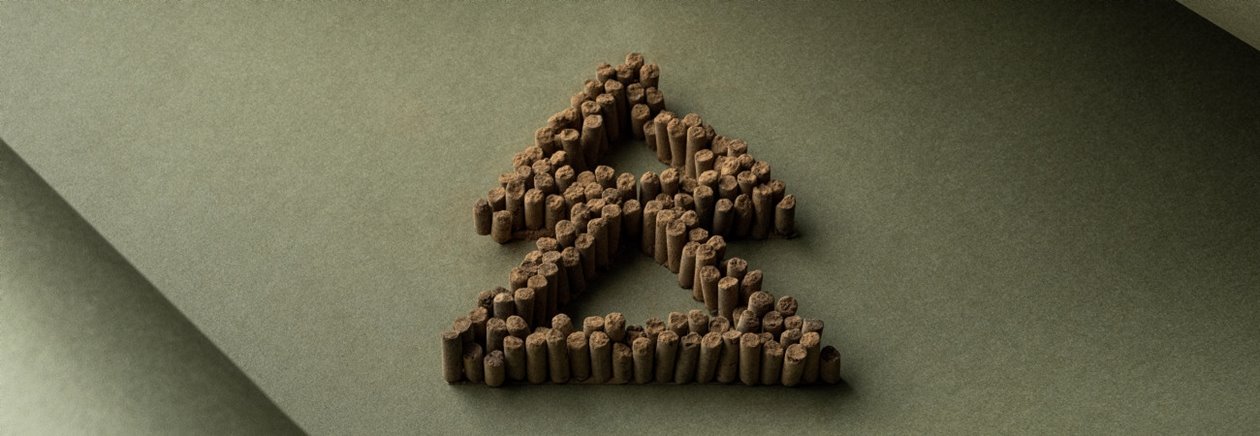Lignin and the green transition

Where can lignin do most good? And how could lignin make a difference in the transition to a fossil-free society? These were the questions Södra hoped to answer when it launched its kraft lignin project in Q4 last year.

“The response has been very encouraging and we can say with confidence that this is the dawn of lignin,” says Viktor Odenbrink, Sales Director, Södra Bioproducts.
Every year, Södra extracts millions of tonnes of kraft lignin from wood during the pulping process and plans to make lignin available to the market in large quantities and consistent quality as it progresses in its aspiration that no part of the tree should ever go to waste.
“We saw a huge increase in interest in kraft lignin after we announced our search for partners in developing this new and largely unexplored raw material,” continues Viktor. “Up to September 2022 we had dispatched only a handful of samples to potential partners. Since then this has increased exponentially and confirmed our belief that this is a product with a future and that the green transition has real momentum.”
Responses have come from far and wide, including commercial organizations seeking substitutes for fossil-based materials, and research institutions looking to develop kraft lignin as a sustainable raw material for a wide range of applications.
Kraft lignin is produced in a solid form and retains the binding properties which it performs in a tree. Its potential uses range from energy and a bitumen substitute for use in roads and roofing, to highly technical applications to replace graphite (in batteries for example), graphene and carbon.
The growth of the mass timber market could also prove fertile ground for kraft lignin – most of the carbon footprint for cross-laminated timber (CLT) can be attributed to glue, and a kraft lignin-based alternative to fossil-based glues would make mass timber yet more attractive as a sustainable building material.
Also on the table in terms of substitution applications are: phenolic resin (for moulded industrial products), rubber and plastics.
Further potential partners should contact Johannes Bogren, Vice President Södra Bioproducts or Viktor Odenbrink, Sales Director Södra Bioproducts for further information.
Contact us


Show all content for topic
Subjects: Pulp
